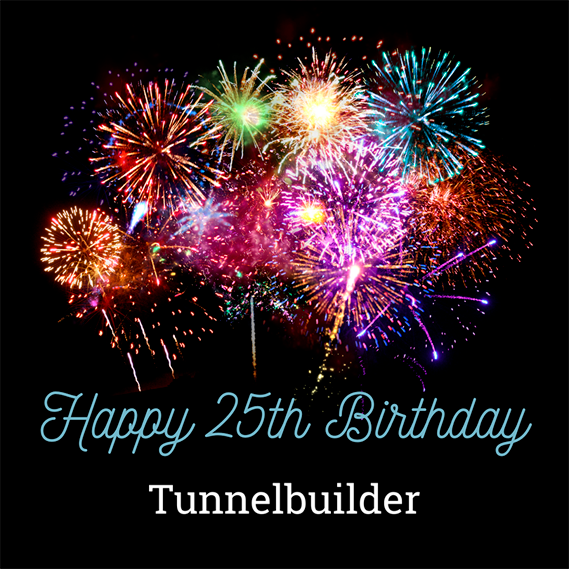On 17/02/2022 the Chilean President of the Republic, Sebastián Piñera, together with the President of the Metro, Louis de Grange, kicked off the works with the start of the segments plant on the future Santiago metro Line 7. The new line will join the communities of Renca and Vitacura in just 37 minutes.
The segment plant will be located 280 m to the east of station n.1, located at the intersection of Vicuña Mackenna avenues with Brazil, and 500 m to the south of station n.2. The site for the segment plant will have a total area of 4.1 hectares: 1.6 hectares for the segment manufacturing zone and 2.5 hectares for the segment storage area.
The new metro Line 7 was announced in June 2017 during the second administration of President Michelle Bachelet . It will be 26 km long, with 19 stations, running parallel to Line 1 through seven districts of Santiago: Renca, Cerro Navia, Quinta Normal, Santiago, Providencia, Vitacura and Las Condes; Renca, Cerro Navia and Vitacura are incorporated for the first time to the Metro network benefiting an estimated population of 1 million 365 thousand inhabitants.
A TBM, used for the first time in the construction of the Santiago Metro tunnels, will install rings made up of seven segments, each one 4.4 m long, 1.7 m wide, 32 cm thick and 2.5 t weight. The segments will ensure the support of the tunnels through which the Line 7 trains will circulate. The TBM will advance 15 to 17 m per day and this means the manufacturing of an average of 70 segments per day. The first segments will begin to be produced during the first half of next year. For the project it will need to produce 26,000 segments, which will be installed by the TBM between 2023 and 2024.
In the second quarter of 2022, the engineering development stages of the rolling stock (trains) and systems, such as the electrical system, tracks and catenaries, platform doors, communications and centralized command, will also begin. In addition, the tenders for equipment for Line 7 will begin, such as escalators and elevators, toll gates and automatic payment machines, and forced ventilation. In the areas of engineering and design, the focus will be on the development of detailed engineering for future stations.
The investment amount for Line 7 amounts to USD 2,528 million with six years of construction.
The last few years have been very difficult for the Metro teams in the face of the biggest crises in history but despite this, the teams not only maintained the operation and continued with the expansion of Line 2 and Line 3, but it also managed to approve all the studies for the beginning of Line 7.
The Chilean Ministry of Finance has granted financial authorisation to proceed with the feasibility studies for the proposed 20km Line 8 and 17km Line 9. A bidding process to select a specialist advisor and basic engineering to enable the schemes to proceed to the Environment Impact Assessment stage is set to commence soon. If you want information on these new tenders then please sign up for the tunnelbuilder tracker, as soon as an announcement is made you will be informed. For further information please click cl/38 for tunnelbuilder archive. Visit https://www.metro.cl/. 08/22.

